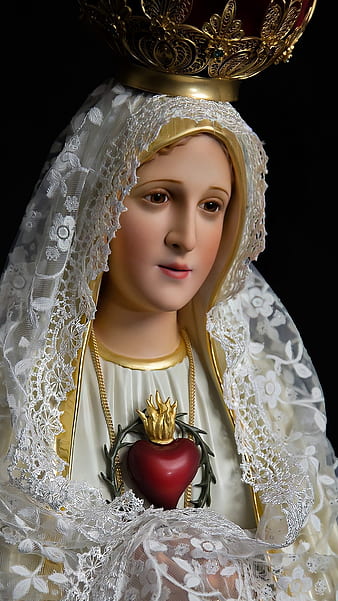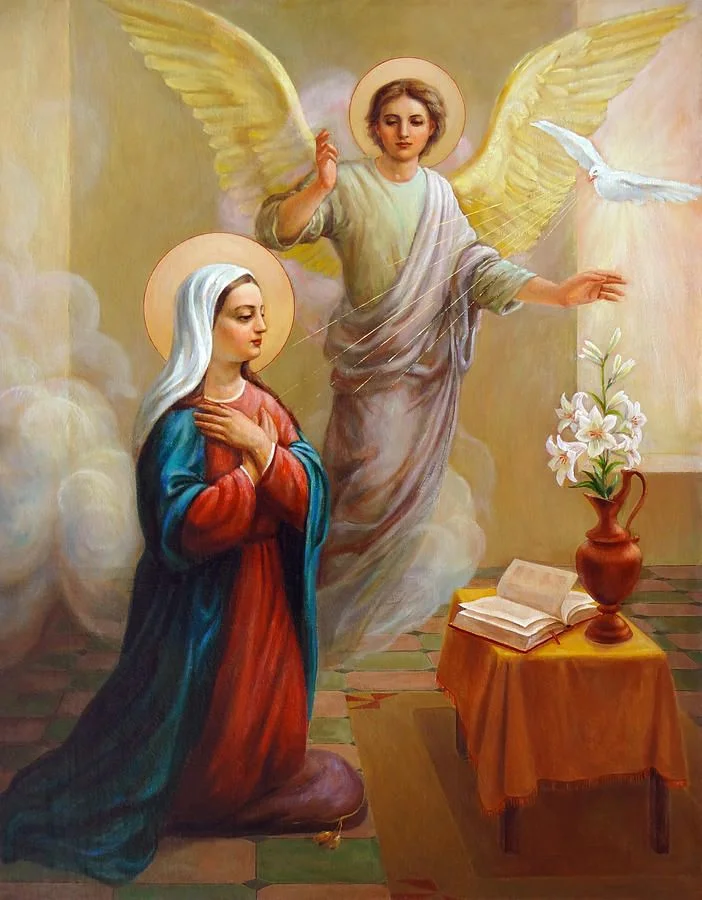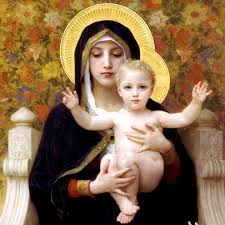The Marian Paradigm: Exploring the Theological and Historical Significance of Mary, Mother of Jesus
This essay explores the multifaceted role of Mary, Mother of Jesus, within Catholic theology and tradition. We will examine key doctrines concerning Mary, analyze their theological implications, and explore their historical impact on Christian spirituality. Central concepts include Mariology (the study of Mary), the Immaculate Conception, the Assumption, and the concept of intercession within a faith-based framework.
The doctrine of the Immaculate Conception, proclaimed dogma in 1854 by Pope Pius IX, asserts that Mary was conceived without original sin. This is not to suggest Mary was sinless during her life, but rather that she was preserved from the inherited stain of sin from the moment of her conception. This theological construct, rooted in the belief in Mary's unique role as the Mother of God, prepares her to be a worthy vessel for the Incarnation. It exemplifies the application of divine grace preceding human action, a key concept within many theological frameworks. From a sociological perspective, this doctrine solidified Mary's position as a pivotal figure within the Catholic Church hierarchy and influenced devotional practices for centuries.
Mary's role in the life of Jesus and the subsequent development of Christianity is undeniable. The Annunciation, as recounted in Luke 1:26-38, presents Mary's humble acceptance of God's will, illustrating the concept of kenosis (self-emptying) in action. Her "fiat" ("let it be"), a moment of profound faith and submission, became a model for Christian discipleship. This narrative highlights the importance of obedience and faith as essential components of a spiritual journey. Biblical accounts like the Wedding at Cana (John 2:1-11), where Mary intercedes with Jesus, further emphasize her role as a mediator between humanity and the divine. This intercessory role exemplifies the concept of divine grace operating through human agency, a common theme in Catholic theology. The event is frequently interpreted through the lens of ecclesiology, demonstrating the supportive nature of the early church.
The Assumption of Mary, another core Marian doctrine, declares that Mary was taken body and soul into heaven. This doctrine, proclaimed dogma in 1950, is understood as a recognition of Mary’s unique relationship with God and her victory over death. This event is profoundly symbolic, representing the ultimate triumph of faith and the anticipation of the resurrection for believers. From a historical perspective, the Assumption's formalization reflects a long-standing tradition of Marian veneration, deeply rooted in popular piety and reinforced by numerous artistic and literary representations.
The concept of Marian intercession is central to Catholic devotion. Mary is frequently invoked as a mediator between humanity and God, offering prayers and requests on behalf of the faithful. The Rosary, a traditional Catholic devotion, focuses on the life of Jesus and Mary, providing a framework for contemplation and prayer. Many individuals attribute miraculous interventions or spiritual guidance to Mary’s intercession, underscoring its significant influence on spiritual lives and personal faith development. This belief system is grounded in the broader theological concept of the Communion of Saints – the belief that all the faithful, living and deceased, are united in Christ and can assist each other spiritually.
Numerous apparitions attributed to Mary, such as those at Lourdes and Fatima, have profoundly impacted both individuals and communities. These events, often marked by reported healings and profound spiritual experiences, highlight the enduring power of faith and the perceived ongoing presence of Mary within the lives of believers. The socio-psychological effects of these apparitions have been extensively studied, emphasizing the role of faith, hope, and community in shaping individual experiences and collective narratives. Analyzing these events from a sociological perspective often unveils the intricate interplay between social, religious, and psychological factors.
Mary's portrayal in Scripture and tradition underscores her pivotal role in salvation history. Her unwavering faith, profound humility, and unwavering love for her son serve as powerful examples for believers. By studying Mary's life and role, Christians can deepen their understanding of God's grace, the importance of faith, and the role of prayer in spiritual growth. The application of theological concepts like exemplarity, studying the lives of saints for guidance, is central to this process, demonstrating how faith is lived and exemplified throughout history.
Conclusions and Recommendations
This exploration of the Marian paradigm reveals the significant theological, historical, and spiritual impact of Mary, Mother of Jesus, within Catholic tradition. The doctrines surrounding Mary, far from being isolated theological concepts, have shaped devotional practices, artistic expressions, and social structures for centuries. Further research into the socio-historical context of Marian devotion could illuminate the complex relationship between theological doctrines and their impact on culture and society. Additionally, exploring the psychological aspects of Marian piety through empirical studies could contribute to a deeper understanding of its influence on individual faith formation and spiritual well-being. Future studies might consider a comparative analysis of Marian devotion across different Christian denominations, examining variations in theological interpretations and devotional practices.
Reader Pool: Considering the diverse interpretations of Mary's role within Christianity, how might a deeper understanding of Mariology contribute to greater ecumenical dialogue and mutual respect among various faith traditions?






No comments yet. Be the first to share your thoughts!